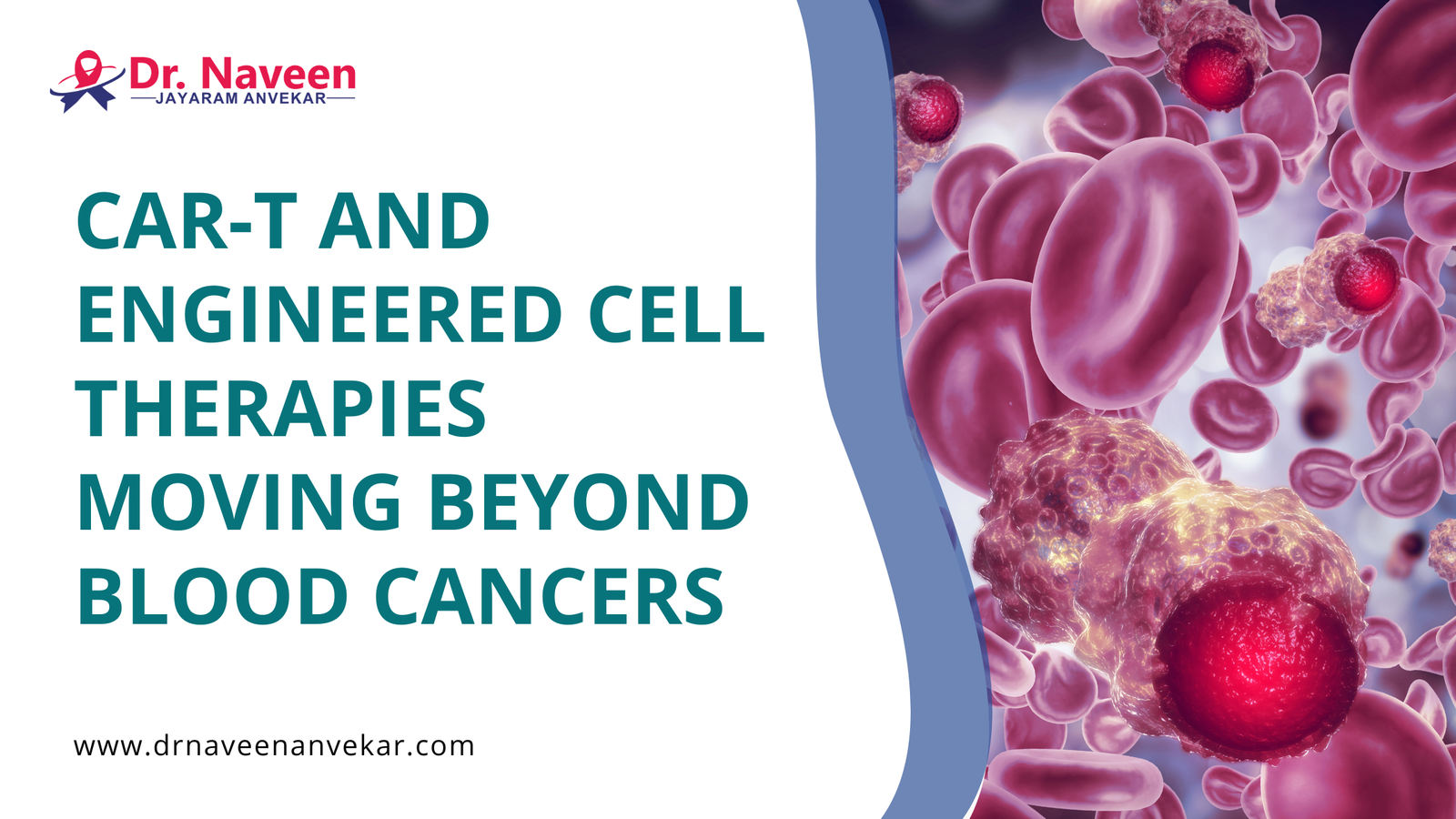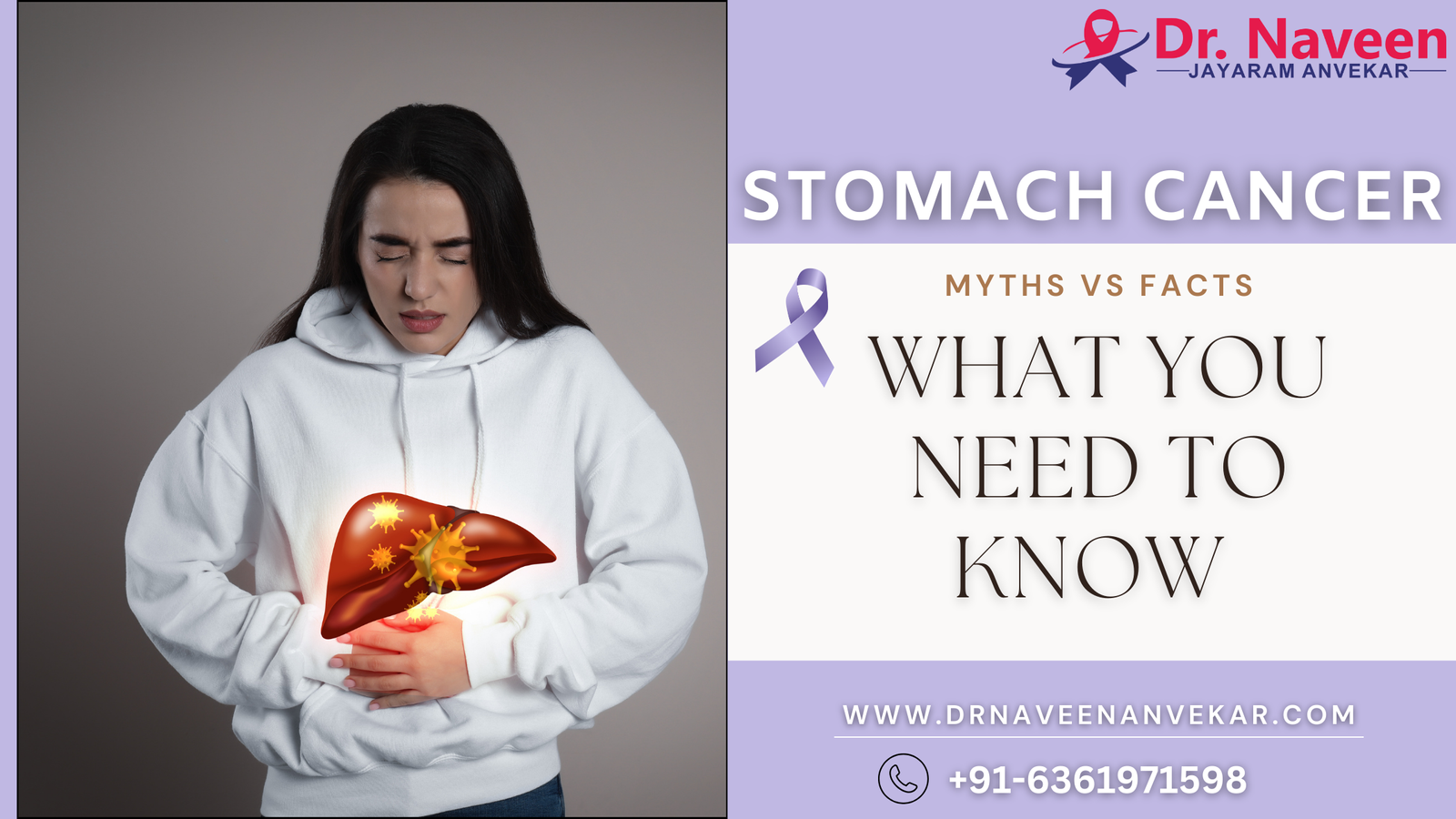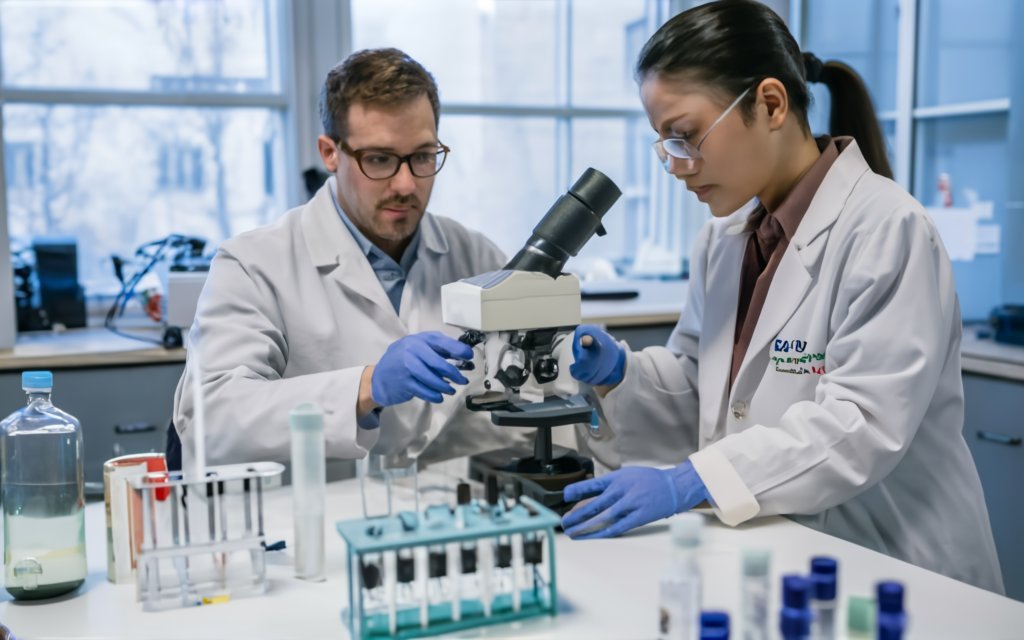.png)
Main Symptoms, Causes, and Treatment of Lung Cancer | Best Lung Cancer Doctor in Mysore
Main Symptoms, Causes, and Treatment of Lung Cancer
Lung cancer is one of the leading causes of cancer-related deaths worldwide. It occurs when abnormal cells grow uncontrollably in the lung tissue, often spreading to other parts of the body. Detecting it early is crucial for successful treatment. This article explains the main symptoms, common causes, and available treatment options for lung cancer. Best lung cancer doctor in mysore
Main Symptoms of Lung Cancer
In its early stages, lung cancer may not cause noticeable symptoms. However, as it progresses, common signs can include:
-
Persistent cough that does not go away or gets worse over time.
-
Coughing up blood or rust-colored sputum.
-
Shortness of breath during normal activities.
-
Chest pain that worsens with deep breathing, coughing, or laughing.
-
Hoarseness or changes in voice.
-
Unexplained weight loss and loss of appetite.
-
Fatigue or feeling weak.
-
Recurring respiratory infections such as bronchitis or pneumonia.
Note: Some of these symptoms can be caused by other health conditions. If you experience them persistently, it’s important to seek medical evaluation.
Causes of Lung Cancer
Lung cancer develops when lung cells undergo genetic changes that cause them to grow uncontrollably. The main risk factors and causes include:
-
Smoking – The leading cause of lung cancer, responsible for about 85–90% of cases.
-
Second-hand smoke – Inhaling smoke from others increases risk.
-
Exposure to carcinogens – Such as asbestos, arsenic, diesel exhaust, and certain chemicals.
-
Radon gas – A naturally occurring radioactive gas that can accumulate indoors.
-
Air pollution – Long-term exposure to polluted air may contribute to lung cancer.
-
Family history – Genetics can make some individuals more susceptible.
-
Previous lung diseases – Such as chronic obstructive pulmonary disease (COPD) or tuberculosis.
Treatment Options for Lung Cancer
The treatment for lung cancer depends on its type, stage, and the patient’s overall health. Common approaches include: best lung cancer treatment in mysore
1. Surgery
-
Used when the cancer is localized and can be removed.
-
Types include lobectomy, segmentectomy, or pneumonectomy.
2. Radiation Therapy
-
Uses high-energy beams to destroy cancer cells.
-
Often used when surgery is not possible or to shrink tumors before surgery.
3. Chemotherapy
-
Involves drugs that kill or slow the growth of cancer cells.
-
May be given before surgery (neoadjuvant) or after surgery (adjuvant).
4. Targeted Therapy
-
Focuses on specific genetic mutations in cancer cells.
-
Often has fewer side effects than chemotherapy.
5. Immunotherapy
-
Boosts the body’s immune system to recognize and attack cancer cells.
6. Palliative Care
-
Focuses on relieving symptoms and improving quality of life for advanced cancer cases.
Frequently Asked Questions (FAQs)
Q1: Can non-smokers get lung cancer?
Yes. While smoking is the main cause, non-smokers can develop lung cancer due to second-hand smoke, environmental factors, or genetic predisposition.
Q2: Is lung cancer curable?
If detected early, lung cancer can be treated effectively and, in some cases, cured. Advanced stages are harder to treat but can be managed to extend life and improve comfort.
Q3: How is lung cancer diagnosed?
Diagnosis often involves imaging tests (X-rays, CT scans), sputum cytology, and biopsy.
Q4: How can I reduce my risk of lung cancer?
Avoid smoking, limit exposure to harmful chemicals, test your home for radon, wear protective masks in hazardous environments, and maintain regular health check-ups.
Q5: What is the survival rate for lung cancer?
Survival rates depend on the stage at diagnosis, overall health, and treatment response. Early detection significantly improves chances.
Conclusion
Lung cancer remains a serious health concern, but early detection and advances in treatment have improved patient outcomes. Recognizing symptoms such as persistent cough, unexplained weight loss, or shortness of breath and seeking timely medical advice can make a significant difference. By reducing risk factors—especially quitting smoking—you can lower your chances of developing lung cancer and lead a healthier life.

.png)
.png)
.png)
.png)
.png)

.png)
.png)


.png)

.png)
.png)
.png)

.jpg)
